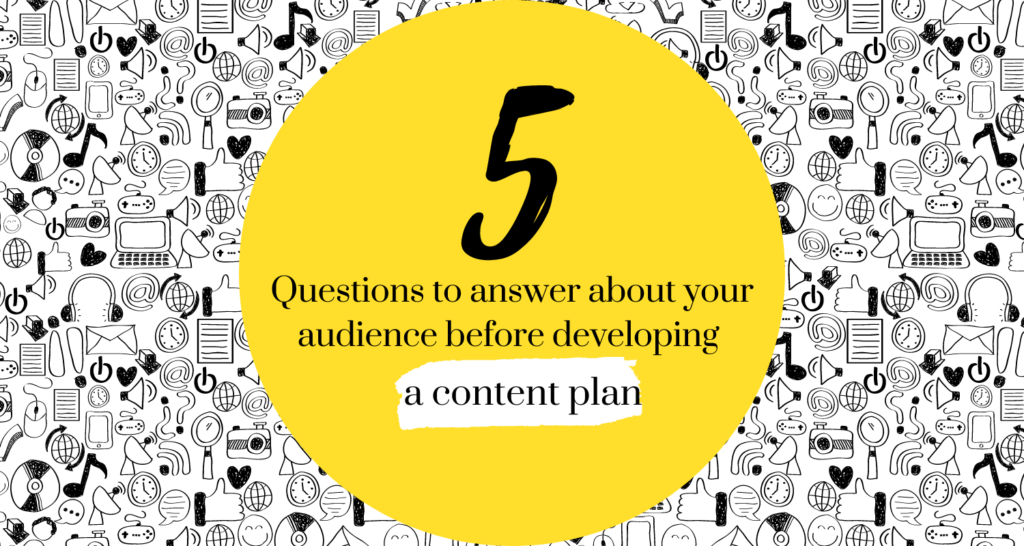
Basing your marketing approach and content strategy on how you view your own products is the number one pitfall many small business owners fall into.
Repeat after me: I am not my potential clients. I don’t see things the same way they do.
True, a core business foundation states that if you aren’t a user of your products and services then they either aren’t worth selling or you shouldn’t be the one to sell them.
But there is a HUGE difference between being your own client and why your potential customers may be interested in what you are selling.
To develop the right content strategy for your business, you need to base it on your answers to the following questions:
What do they already know?
There is a difference in the chosen terminologies, visuals, level of explanation needed, and your unique selling point (USP) when dealing with different buyer profiles.
For example, business growth benefits vs product specs:
Selling an application to a tech developer will require highlighting different information and USPs than you would selling to a new entrepreneur who’s looking for an easy-to-integrate solution.
Both may be your clients, but your core target customer—as in the main buyer profile you developed your solution for—should dictate how you develop and design every piece of content on your website and social channels.
What level of detail do they need at this point?
Sticking to the above app example, the information you offer in a promotional campaign is going to be very different from the full-fledged details and benefits listed on your website.
If an average user is scanning the market at this point, they may only need to know that they can customize an app in a few steps, that they have 24-hour support, and that it’s suitable for their business line. At this stage burying them in details they don’t need about the technology used may backfire.
I’m not saying don’t include important details, I’m saying choose carefully at what stage and on which platform to include them. In this example, I would recommend a very detailed brochure be attached to the website, combined with YouTube videos each addressing a different level of detail ( P.S. here the title plays an important role but that’s for a whole other article).
How much time do they have to invest in learning about your solution?
This is a big one, especially when it comes to planning your social media strategy.
For example, for a nutritionist or a life coach, your typical viewer may want a daily 15-sec reel on Instagram; a 2-minute article on LinkedIn, and your website; but they will also appreciate the details of a 15-minute video on YouTube.
Which medium do they prefer to receive information through?
For example:
-
A SaaS company, a weekly newsletter with tips and user-case studies will do the trick
-
While for a life coach, short-form videos may be the best
-
For a consultant, long-form videos and step-by-step guides will probably generate the needed results
I am not saying use one platform, a successful content strategy requires several channels. That said, there is usually one platform for each line of business that allows it to communicate its benefit better than others. Find yours.
Finally, you won’t figure out what works best for your content without analyzing how different audiences react to your content on different platforms. Check out my video (or article) on how to track, measure, and analyze your content performance.
